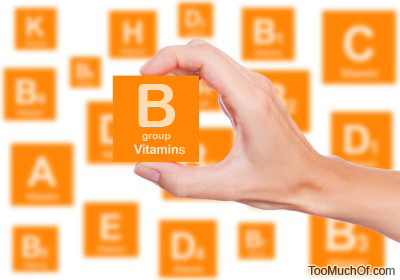
Antioxidants are molecules that prevent an oxidation process of other molecules. Excessive oxidation can create a significant amount of free radicals and can start reactions resulting in healthy cell damage or cellular death. On the contrary, even though oxidation process can be damaging, it is vital to healthy functions of an immune system. ...





